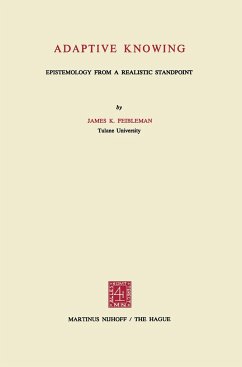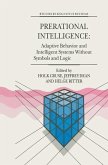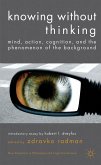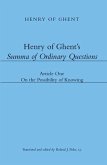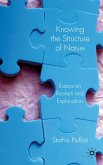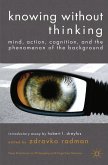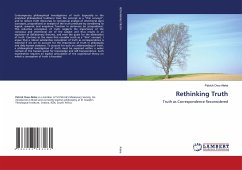The acquisition of knowledge is not a single unrelated occasion but rather an adaptive process in which past acquisitions modify present and future ones. In Part I of this essay in epistemology it is argued that coping with knowledge is not a passive affair but dynamic and active, involving its continuance into the stages of assimilation and deployment. In Part II a number of specific issues are raised and discussed in order to explore the dimensions and the depths of the workings of adaptive knowing. ACKNOWLEDGMENTS "Activity as A Source of Knowledge" first appeared in Tulane Studies in PhilosoPhy, XII, 1963; "Knowing, Doing and Being" in Ratio, VI, 1964; "On Beliefs and Believing" in Tulane Studies, XV, 1966; "Absent Objects" in Tulane Studies, XVII, 1968; "The Reality Game" in Tulane Studies, XVIII, 1969; "Adaptive Responses and The Ecosys tem" in Tulane Studies, XVIII, 1969; "The Mind-Body Problem" in the Philosophical Journal, VII, 1970; and "The Knowledge of The Known" in the International Logic Review, I, 1970. PART I COPING WITH KNOWLEDGE CHAPTER I THE PROBLEM OF KNOWLEDGE 1. THE CHOSEN APPROACH You are about to read a study of epistemology, one which has been made from a realistic standpoint. It is not the first of such interpre tations, and it will not be the last.
Hinweis: Dieser Artikel kann nur an eine deutsche Lieferadresse ausgeliefert werden.
Hinweis: Dieser Artikel kann nur an eine deutsche Lieferadresse ausgeliefert werden.

